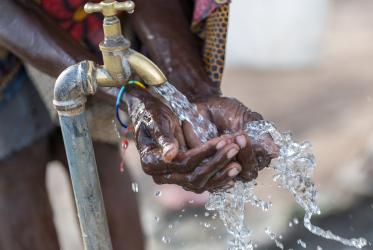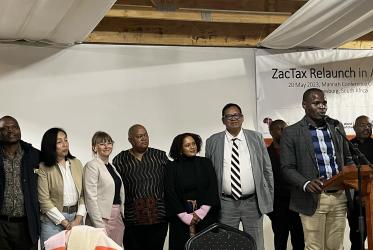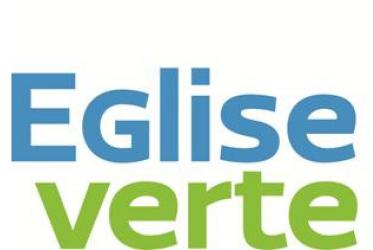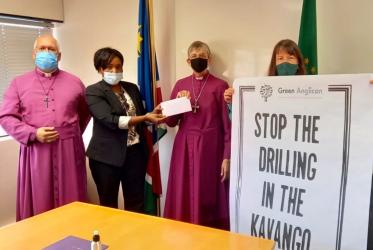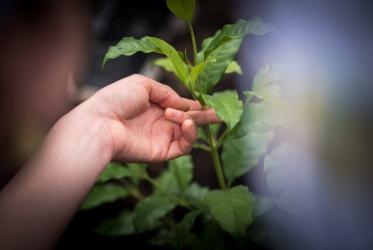Affichage de 1 - 20 de 156
WCC Eco-School begins in Crete
15 Novembre 2023
Relance de la campagne ZacTax en Afrique
24 Mai 2023
ZacTax Campaign relaunched in Africa
23 Mai 2023
New eco-theology book combines diverse views with best practices
10 Janvier 2022
Protecting Ethiopia’s church forests
27 Octobre 2021
South Sudanese Churches shelter populations displaced by floods
23 Septembre 2021
Un colloque œcuménique de réflexion théologique sur l’écologie
18 Février 2021




